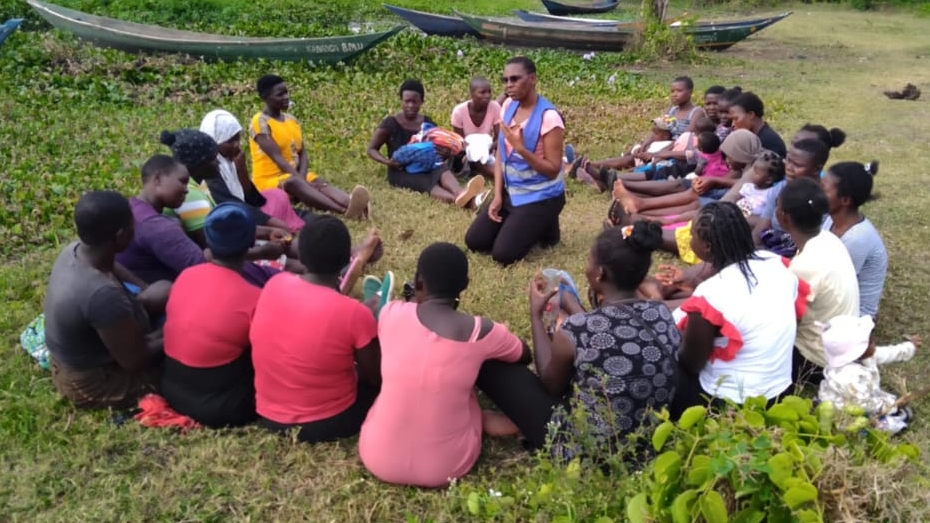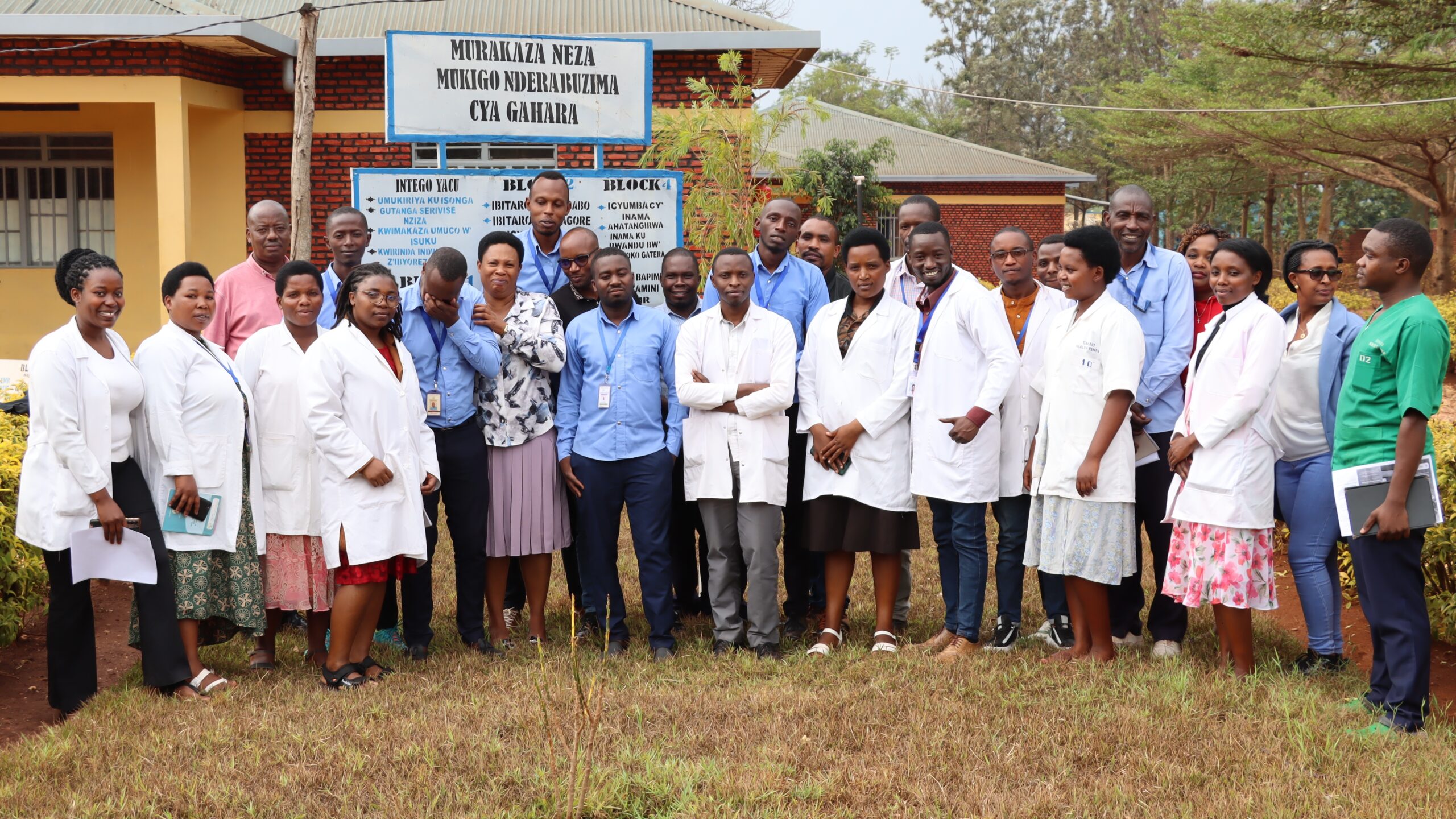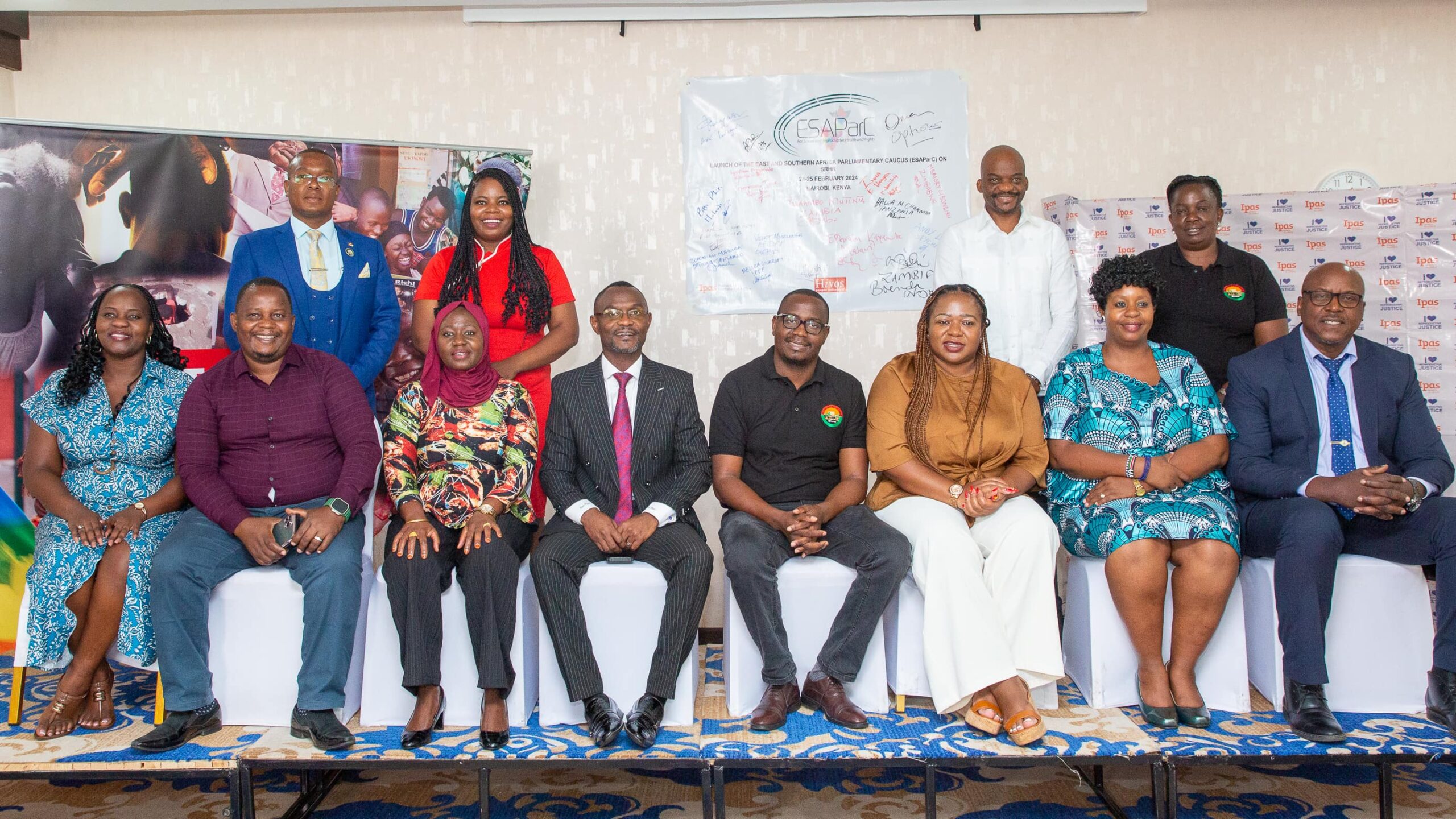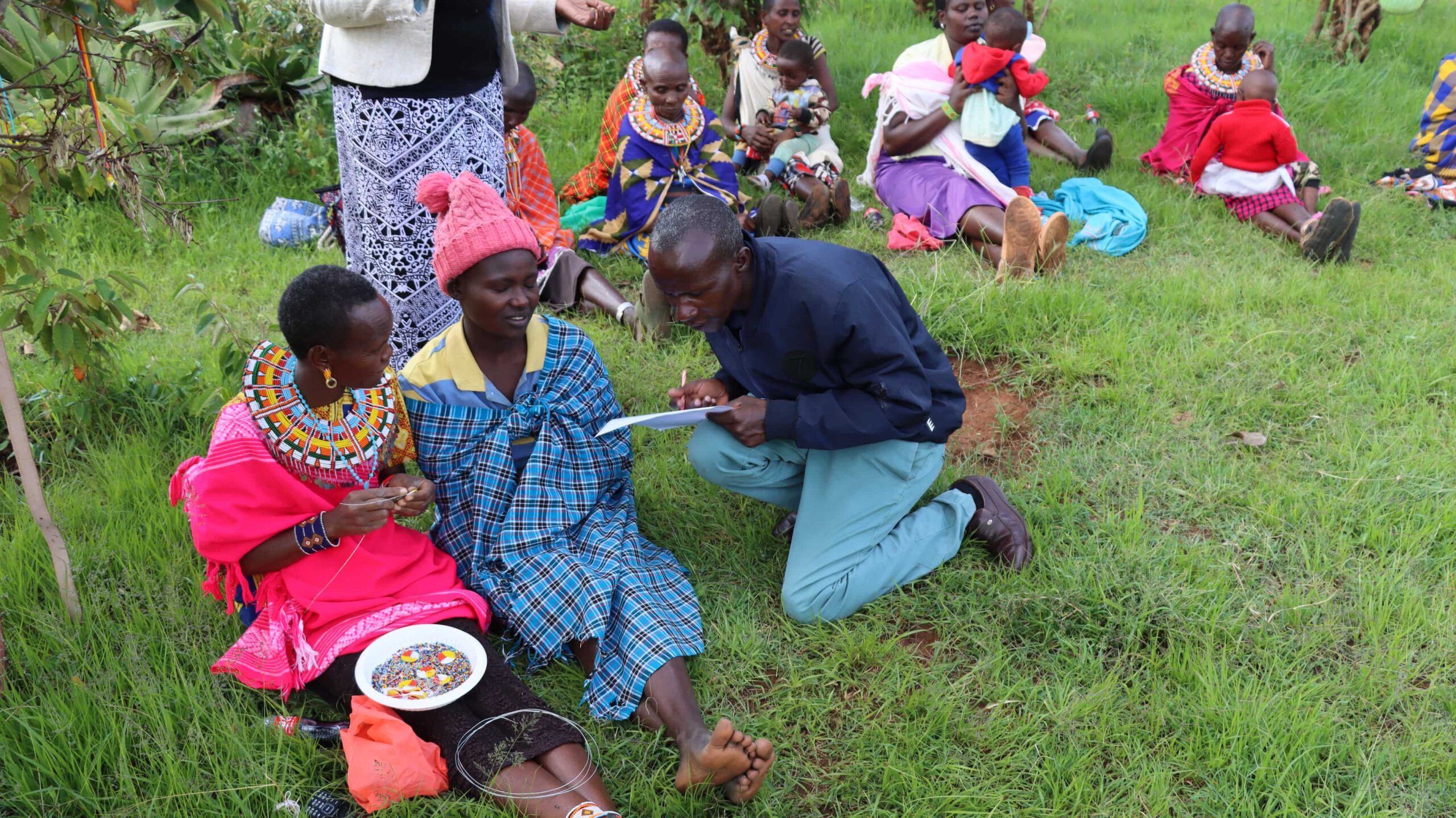Our work focuses on changing this narrative through our focus areas:
Community Engagement
We empower our community by equipping them with knowledge, confidence and the social support needed to make informed reproductive healt decisions.
Health System Strengthening
Ipas Africa Alliance envisions strong, inclusive, resilient health systems that ensure and integrate coverage, access, and use of quality, person-centered sexual and reproductive health, and rights (SRHR) services into universal health coverage.
Policy & Advocacy
The Ipas Africa Alliance Policy and Advocacy Unit has the primary objective of ensuring strengthened laws and policies in support of reproductive justice at the national and regional level.
Research & Evidence Generation
Ipas Africa Alliance (AA) value the contributions of research towards finding solutions to sexual and reproductive health (SRHR) issues affecting women and girls.








